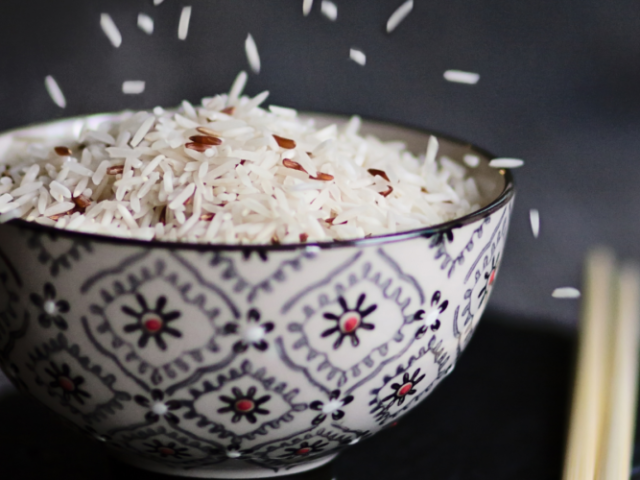Geographical Indications (GIs) are suggestive of the reputation, quality, or other characteristics that a particular product has, due to its geographical origin. They can either be agricultural goods, natural goods, or manufactured goods. In the case of manufactured goods, they need to be made in a particular geographical area (origin).
Registration of GIs gives exclusionary rights to those who conform to the applicable standards and also confer legal protection to these indications. Due to this, the quality and characteristics of the product are ensured while simultaneously boosting exports and providing economic security to the producers.
An overview of the registration process
The first step for the filing process is to see whether the indications fall within the definition under Section 2 (1) (e) of the Geographical Indications of Goods (Registration and Protection) Act, 1999. Any association of persons/producers or any organization/authority that represents the interest of the producers can be file an application for registration. After that, the application goes for a preliminary examination. A period of one month is given to the applicant to remedy any deficiencies in the application, after which an examination report is issued.
If the registrar objects to the application, the applicant has two months to respond to the objection. Once the application is accepted, it will be published in the Geographical Indications Journal within three months. After publication, the forum is open for raising objections against the said application. However, if the application gets accepted, the GI is granted protection for ten years. This protection can further be renewed upon expiry.
GI Tags for Indian Coffee Varieties
Monsooned Malabar Arabica Coffee was registered on 05-04-2007 and is found in the geographical area of Karnataka & Kerala. The name is derived from the region, i.e., Malabar and the process of “Monsooning,” which is applied to these coffee beans. The uniqueness of this coffee in terms of the taste is the good body strength, mild acidity, richly sweet, and mellow taste that it exhibits.
Monsooned Malabar Robusta Coffee registered on 12-10-2007, also derives its name from the region of Malabar and the process of Monsooning. This coffee is unique only to India (Malabar Coast) and is made from Robusta cherry beans. Due to the process applied, the beans undergo various chemical as well as physical changes, which give mild acidity and mellow taste to the coffee. The bright tones of the coffee subside into lower notes, which is characteristic of this coffee.
Coorg Arabica Coffee was registered on 01-01-2018 and is from the geographical area of Kodagu District (Coorg) in Western Karnataka. The Kodagu district is a biodiversity hotspot with biotic and abiotic conditions, which gives uniqueness to the coffee grown there. The Coorg Arabica Coffee is intensely aromatic and embodies a combination of full-body, light acidity, and slight flavor.
Wayanad Robusta Coffee was registered on 01-01-2018. This coffee is from the Wayanad district in Kerala, which is unique for its intrinsic geographic and climatic peculiarities with the occurrence of evergreen forests. The growing conditions provide an intense aroma, and the coffee is neutral tasting, full-bodied, and has hints of chocolate. It enhances the richness and longevity of an espresso blend’s crema without detracting from the flavor.
Chikmagalur Arabica Coffee was registered on 01-01-2018. This coffee belongs to the Coffee Country of India, i.e., Chikmagalur in Karnataka. The native mode of cultivation provides a medium body, light acidity, and flavor with a medium to intense aroma to the coffee.
Araku Valley Arabica Coffee belongs to the regions of Andhra Pradesh & Odisha and registered on 01-01-2018. The production of this coffee is based upon an organic approach. The Araku tribals who produce these emphasize practices involving substantial use of organic manures, organic pest management practices, etc. Thus, the coffee yield is natural and organic with a medium body. The taste of the coffee embodies medium to sharp acidity with a citrus flavor along with intense aroma and a spicy tinge.
Bababudangiris Arabica Coffee comes from Karnataka and registered on 01-01-2018. This coffee is also known as High Grown Coffee. One of the primary reasons for its unique taste and aroma is due to the elevation on which it is grown. The coffee exhibits full-body, acidity, and has a striking aroma with a note of chocolate.
GI Tags for Indian Tea Varieties
Darjeeling Tea (Word & Logo) comes from Darjeeling (West Bengal) and registered on 27-10-2003. Darjeeling has a combination of plant genes, soil chemistry, temperature, and rainfall, which is unique to that area. Due to this complex combination of agro-climatic conditions, the Darjeeling Tea has a distinctive taste and aroma. The Darjeeling tea has flavor but less of body liquor.
Kangra Tea comes from Himachal Pradesh and registered on 11-02-2005. The Kangra Tea is unlike any other tea in terms of body liquor, color, and flavor. The flavor is profoundly affected due to the cold climate of the Dhauladhar ranges of the Himalayas.
Conclusion
Geographical Indications aren’t restricted to certain kinds of products only. The list ranges from agricultural products and handicrafts to manufactured products. There are various other GIs such as Bastar Wooden Craft, Blue Pottery of Jaipur, Kutch Embroidery, Kashmir Pashmina, etc. This protection ensures that the community of producers is protected, and consumers receive high quality, reputed goods. Full details concerning registrations of Geographical Indications can be found here, and also you can learn about the Lisbon system.




